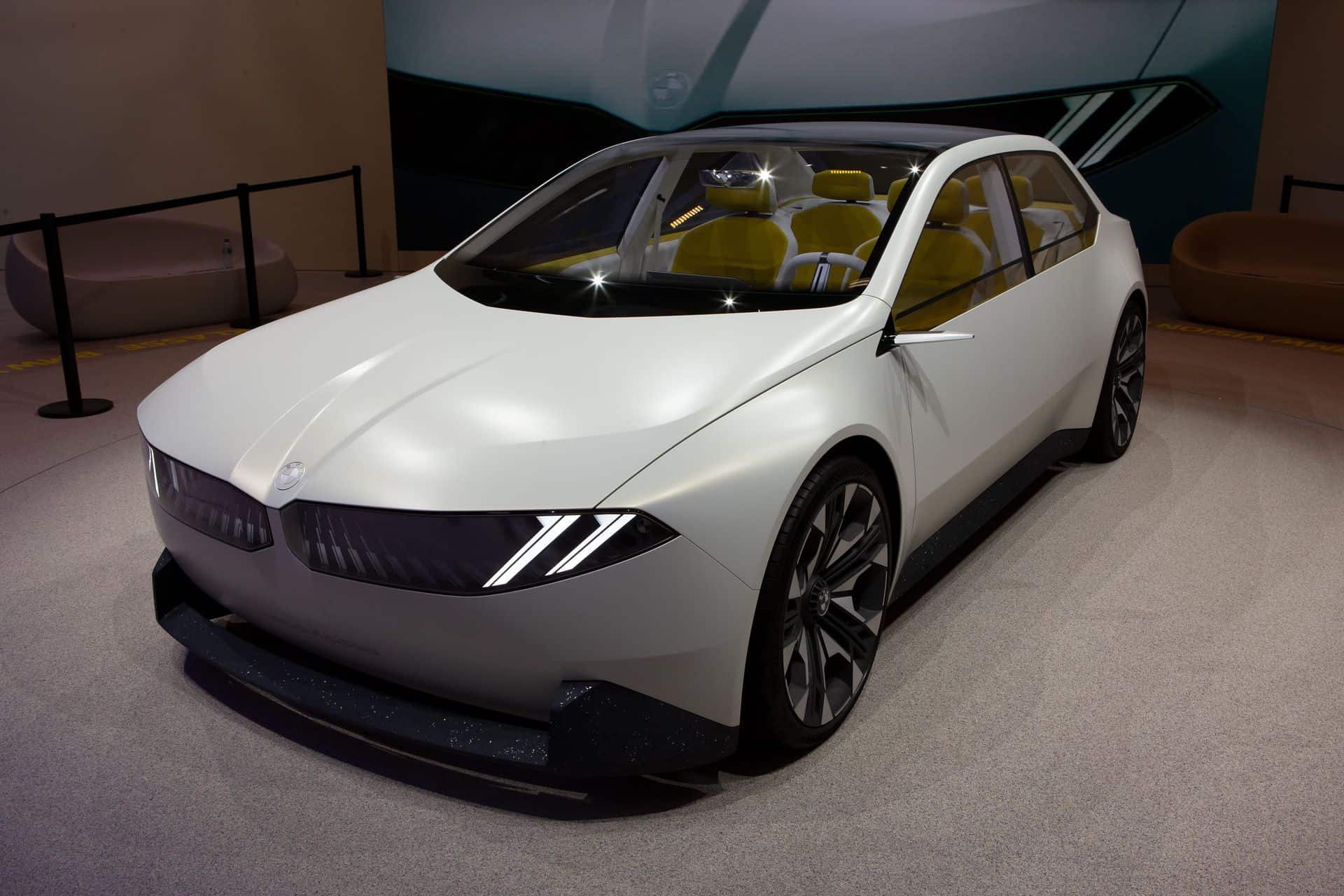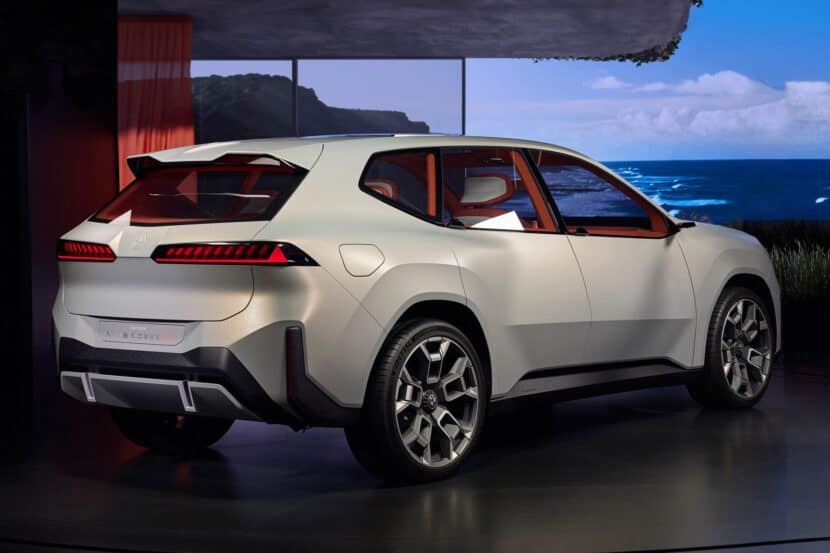One of the most important hurdles an automaker is trying to overcome is to lower EV production costs to match the profit margins of a car equipped with a combustion engine. There’s still a long way to go because batteries are still expensive, but the BMW CEO believes the tipping point could happen later this decade.
Speaking with InsideEVs after the Vision Neue Klasse X concept’s premiere this week, Frank Weber said EVs will become as profitable as ICEs. Well, eventually: “Once this is in high-volume—which means it’s very difficult to have this from the first day on—when everything is in full swing and running at the capacity it was designed for, then you will see margin parity [or] the same profitability level with the combustion engines.”
The cost parity will be reached at some point in the future not just because EV production costs are projected to go down. Stricter emissions regulations will force automakers to reengineer their combustion engines to make them run cleaner, but that’s going to cost them more money. Euro 7 is coming into effect in 2030 in the European Union, while in the United States, automakers must halve their greenhouse gas emissions by 2032.
As to when Neue Klasse production will be in full swing, it’s not going to happen until around 2027. The first order of business is to start assembly of the iX3 at the new Debrecen plant in mid-2025 before the i3 sedan arrives from the Munich plant in 2026. Factories in China, Mexico, and another one in Germany (Regensburg) will follow.
Neue Klasse’s arrival next year won’t spell the end for EVs based on platforms also used by cars fitted with combustion engines. There are reports next-gen electric vehicles on the existing CLAR are in the works. In fact, BMW has officially announced it will assemble at least six EVs in Spartanburg by 2030. However, it hasn’t specified which will be on CLAR and which on Neue Klasse.
Source: InsideEVs






































































